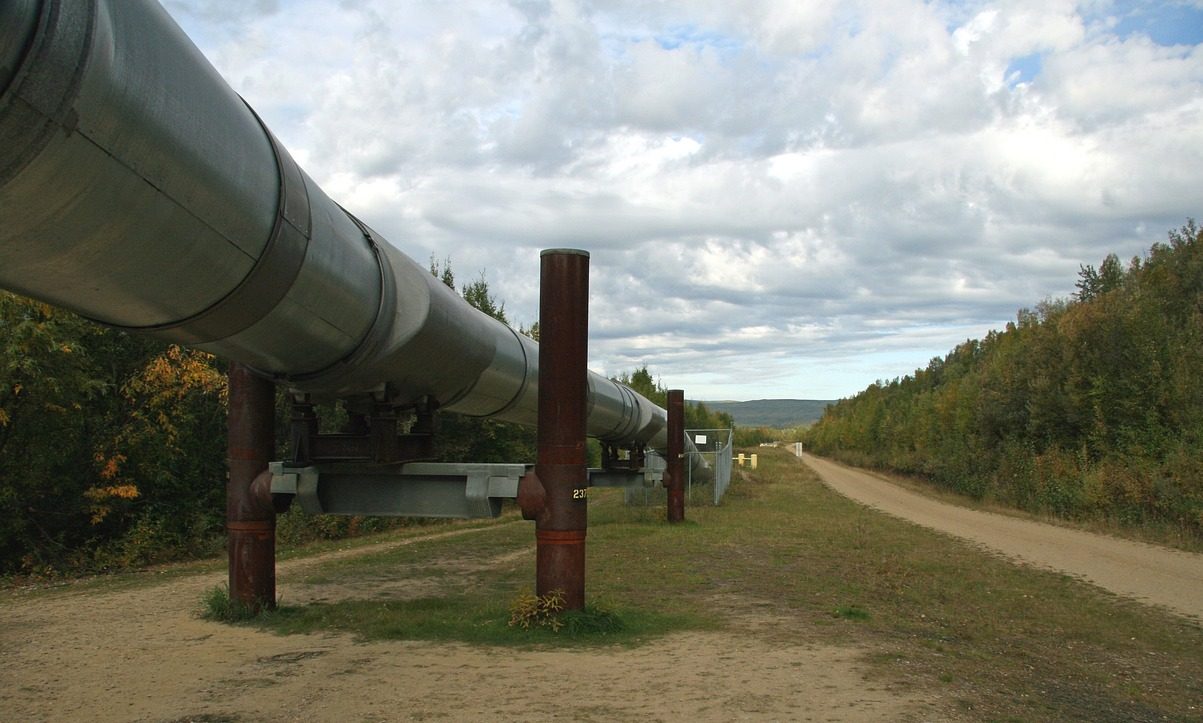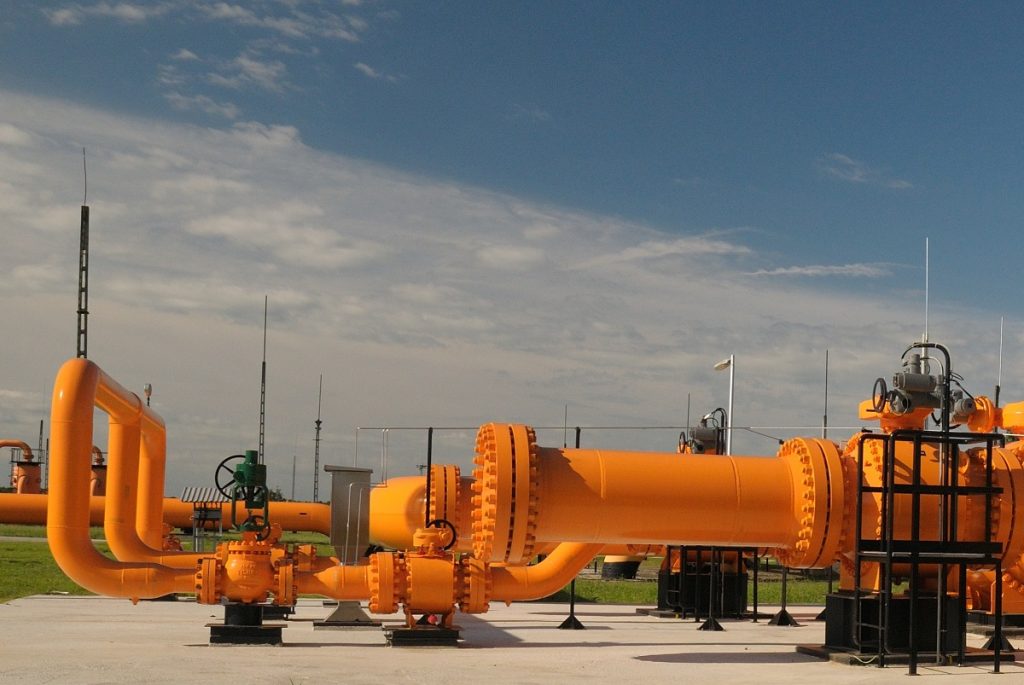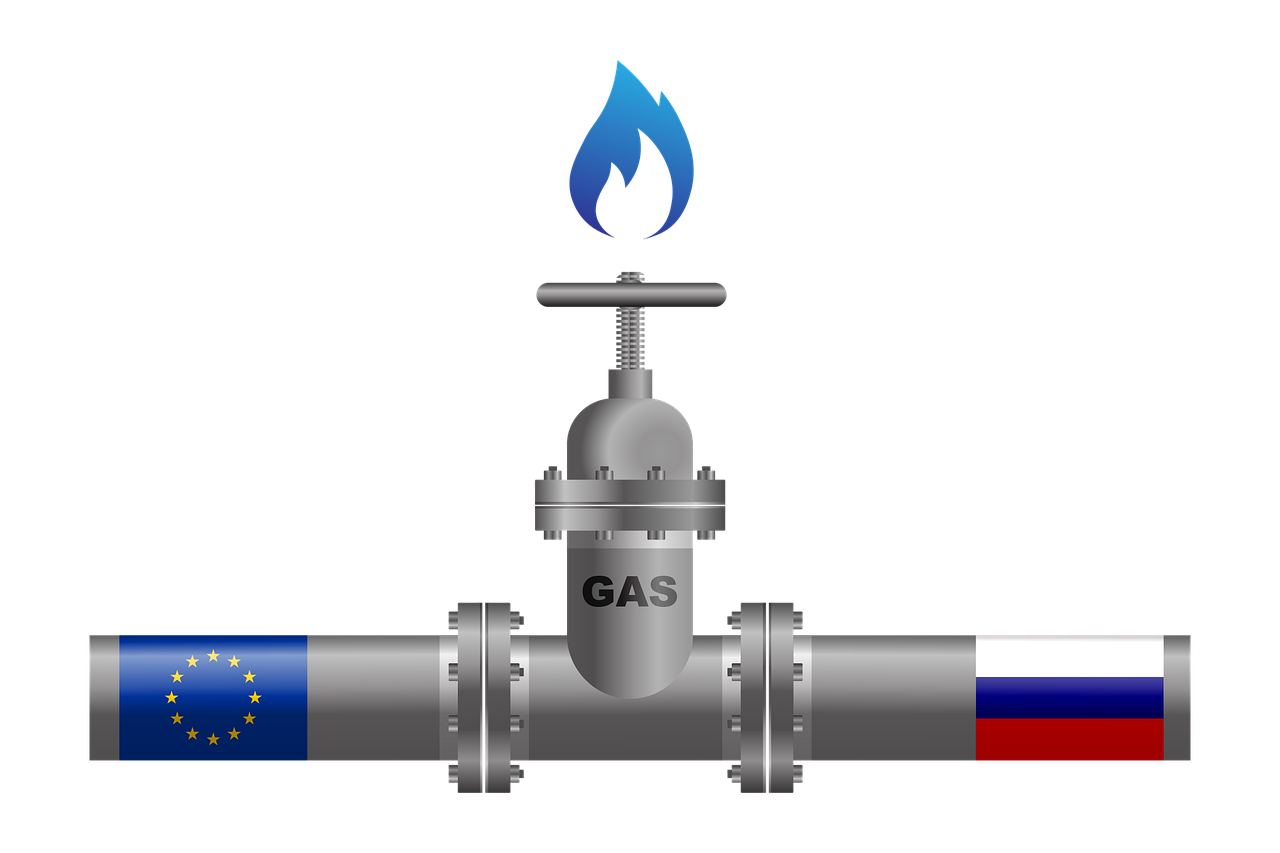
The company's CEO, Alexey Miller, made the announcement.Continue reading

The Ukrainian state gas company Naftogaz does not intend to resume transit of Russian gas to Europe after their contract expires at the end of 2024, the company’s CEO, Oleksiy Chernyshov, announced in an interview at the end of the week.
The head of Naftogaz explained that Ukraine is preparing to stop gas transit mainly because it believes that Russia is not fully complying with the terms of the contract. The Russian gas company Gazprom is not paying for the gas transit through the gas metering station in the currently Russian-occupied territory of Sohranivka (Luhansk Oblast), despite the contract, and therefore Naftogaz does not have sufficient financial resources to cover the transit costs. Nevertheless, Chernysov said, Ukraine is still meeting its obligations and ensuring gas supplies to European countries.
At the moment we cannot deprive certain countries of the European Union, our partners, from receiving gas and preparing for winter,”
the Naftogaz head stressed. He added that the EU plans to stop using Russian gas completely by 2027, and therefore does not insist on the continuation of Ukrainian transit.

Last year, the EU bought a total of 40 billion cubic meters of Russian gas. Photo via Pixabay
There is no obstacle to the arrival of the full 4.5 billion cubic meters per year of the Hungarian-Russian long-term gas contract via the Turkish Stream, Tamás Pletser, oil and gas analyst at Erste Bank, told Index earlier, referring to the fact that the Ukrainian energy minister had already made it clear for the third time in mid-August that Ukraine is not willing to supply Russian gas to continental Europe after the end of next year.
The decision puts the Hungarian, Slovak, Czech, and Austrian markets in a difficult situation, as currently, around 42 million cubic meters of gas per day arrive via the Ukrainian routes.
In the case of Hungary, we are talking about 4.5 billion cubic meters of Russian gas purchases per year, which, given that the Nord Stream pipelines are still blown up by unknown actors, can be supplied mainly via the Turkish Stream.
Ukraine’s gas consumption collapsed with the war, reaching 20.7 billion cubic meters a year last year, roughly double the Hungarian volume. “This year it could be even less, as industrial activity has continued to fall and some of the population has fled. This could be offset by a cold winter and a shift in electricity production towards gas use because of the war. Ukraine produced 18.5 billion cubic meters of gas last year, and the missing two billion cubic meters could be imported by Poland, Slovakia, or even Hungary,” he said.
Hence, the market is already preparing for the absence of a long-term gas supply contract between Russia and Ukraine after 2024.
“Hungary receives one billion cubic meters of Russian gas from Baumgartner (Austria) under the terms of the long-term Gazprom-MVM contract. This can be redirected to the south, from where 3.5 billion cubic meters per year are coming, and there is still that much spare capacity here,” concluded Pletser.
In addition, concerning the EU’s plans, it should be noted that in September 2021, Péter Szijjártó signed a 15-year gas supply contract in Moscow under which Hungary will buy 4.5 billion cubic meters of Russian gas per year until 2036. In October last year, a further 700 million cubic meters were added to this volume, so it is not clear how the EU’s vision of being able to cut off Russian gas by 2027 can be fulfilled.
Via MTI, Featured image via fgsz.hu